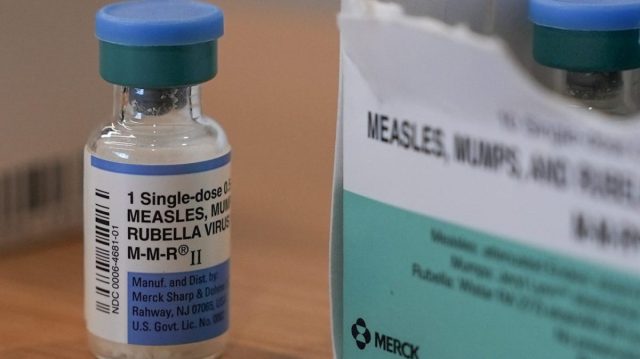Measles Alert: Potential Outbreak Suspected at Fort Bliss Medical Facility

A potential measles case has raised health concerns at the Mendoza Clinic located within Fort Bliss military base. On Friday, April 4th, medical staff identified a patient displaying symptoms consistent with the highly contagious viral infection, prompting immediate health protocols.
The initial report, released by William Beaumont Army Medical Center, highlights the importance of swift medical response and potential public health monitoring. While details remain preliminary, healthcare professionals are taking proactive steps to assess and contain any potential spread of the disease.
Measles, known for its distinctive rash and fever, is a serious viral illness that can lead to significant health complications if left unchecked. The appearance of potential symptoms at a military medical facility underscores the ongoing need for vigilant health surveillance and rapid intervention.
Local health authorities are likely to conduct further investigations and may implement additional screening measures to ensure community safety. Residents and military personnel are advised to stay informed and consult healthcare providers if they experience any similar symptoms.
